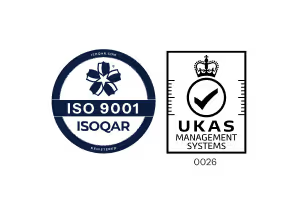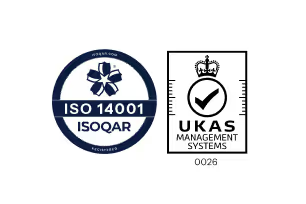Aker Systems Limited - Carbon Footprint Statement and Net Zero Carbon Reduction Plan, In-line with PPN 006
About Us
Aker Systems is a technology firm that focuses on delivering advanced solutions in data security and encryption. Our expertise is centred on building resilient and secure infrastructures for storing and transmitting sensitive information. Innovation and the application of leading-edge technologies underpin our approach to tackling the constantly evolving challenges of cybersecurity.
Our services are widely used in sectors where confidentiality and data integrity are essential, including government, healthcare, and finance. Through offerings such as secure cloud platforms, encrypted communications, and specialist consultancy, Aker Systems plays a vital role in protecting digital assets in today’s highly connected environment.
Commitment to Achieving Net Zero
Aker Systems Limited has committed to achieving Net Zero emissions by 2050. Furthermore, through our Carbon Reduction Plan we are targeted to achieve Net Zero emissions by 2041. Scope 1 emissions, arising directly from our sites and company-operated assets, currently account for 53.75% of total in-scope emissions. Progress towards our long-term targets will therefore depend largely on implementing energy efficiency training across our workforce.
Further reductions across all three emission scopes will be supported by wider national decarbonisation measures, regulatory changes, and evolving industry practices. They will also require us to strengthen engagement with suppliers and staff while developing supply chain and operational policies that embed sustainability.
Since establishing our baseline year of 2020-21, we have already advanced a range of carbon reduction initiatives. We remain confident that future business growth can be achieved without a proportional rise in emissions.
Baseline Emissions Footprint
Baseline emissions are a record of the greenhouse gases that have been produced in the past and were produced prior to the introduction of any strategies to reduce emissions. Baseline emissions are the reference point against which emissions reduction can be measured.
Baseline Year: 1st June 2020- 31st May 2021
Additional Details relating to the Baseline Emissions calculations.
We have made a comprehensive audit of the included scope emissions from this baseline year in order to get a full impression of business as usual. Our projections are based on growth of the business which are reflected in our Business As Usual CO2e emissions. We have made these calculations based on our Operational Control over our emissions.
Baseline year emissions: 1st June 2020- 31st May 2021
EMISSIONS
TOTAL (tCO2e)
Scope 1
2.99 (Includes emissions from homeworking due to a low office presence)
Scope 2
1.61
Scope 3
8.27
This includes the following sources which are within the inclusion categories for Scope 3:
- Waste Generated in Operations
- Business Travel
- Employee Commuting
Note: Upstream Transportation and Distribution, and Downstream Transportation and Distribution were deemed inapplicable to Aker Systems’ Operations.
Total emissions
12.87 (tCO2e)
Current emissions reporting
Reporting Year: 1st June 2024 – 31st May 2025
EMISSIONS
TOTAL (tCO2e)
Scope 1
98.13 (Includes emissions from homeworking due to a low office presence)
Scope 2
11.45 (Includes emissions from homeworking due to a low office presence)
Scope 3
72.99
This includes the following sources which are within the inclusion categories for Scope 3:
- Waste Generated in Operations
- Business Travel
- Employee Commuting
- Upstream Transportation and Distribution
Total emissions
182.57 (tCO2e)
Emissions reduction targets
To maintain progress towards our Net Zero goal, we have established a set of defined carbon reduction targets.
Our Business as Usual (BAU) projections indicate that, without intervention, carbon emissions would rise to 187.2 tCO₂e by FY 2029-30, representing a 2.5% increase compared to the reporting year, as a result of business growth.
Our strategy is structured around a three-stage Carbon Reduction Plan (CRP), culminating in the achievement of Net Zero emissions by 2050 at the latest. It is our intention to minimise emissions as far as possible in practice by 2040, after which we will offset any residual emissions to ensure that our carbon footprint, as defined by PPN requirements, is zero from 2041 through to 2050.
Taking our planned reduction measures into account, we forecast that emissions will fall to 155.6 tCO₂e by FY 2029–30. This equates to a 16.9% reduction against the BAU trajectory.
Progress against these targets can be seen in the graph below:
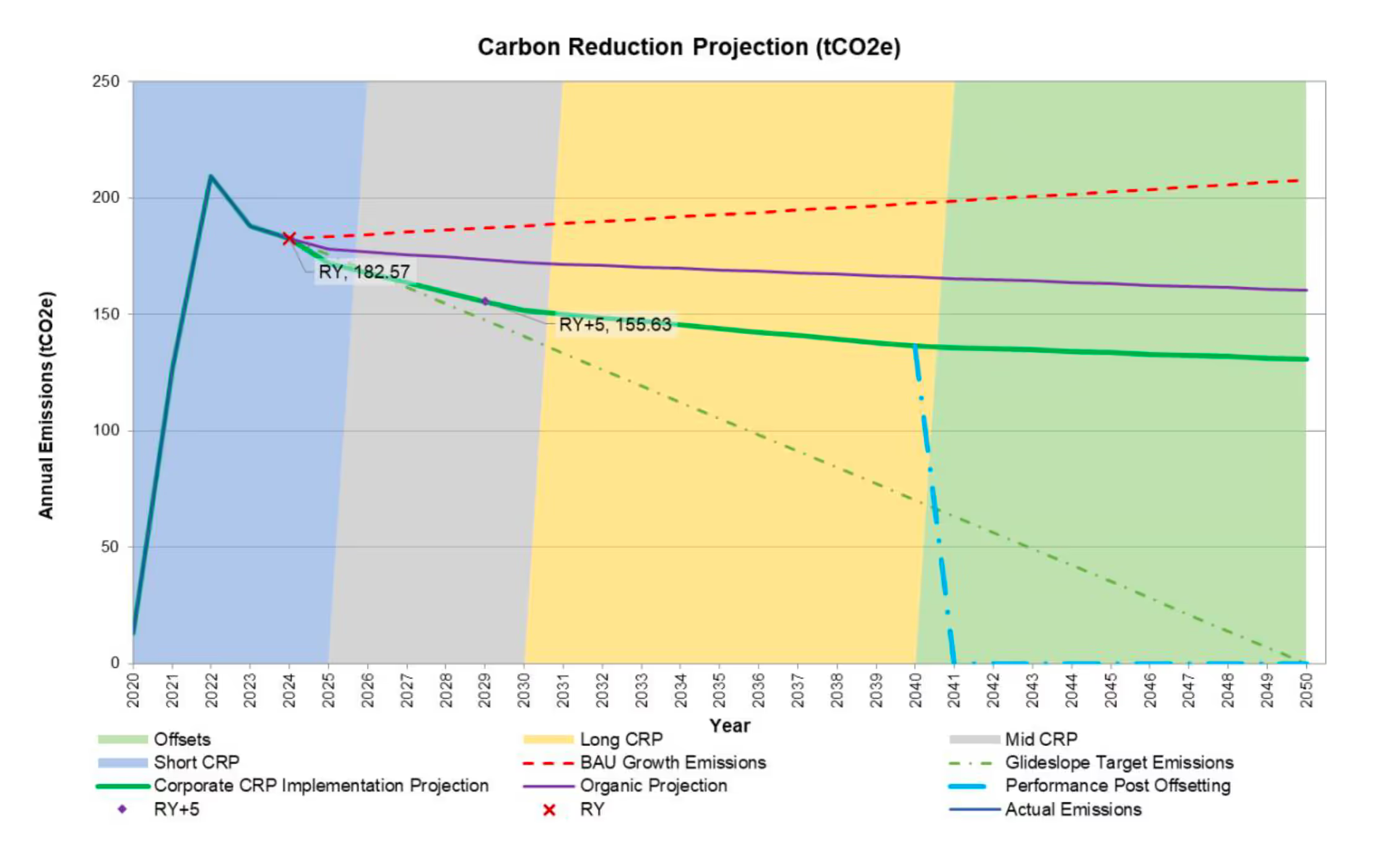
Carbon Reduction Projects
Since establishing the 2020-21 baseline, the following environmental management measures and projects have been implemented:
- We have consolidated our office space, having vacated Bedfont Lakes, Lunar House and Regus Office.
- We have introduced a travel policy requiring senior management approval for any travel expenditure above £75. As a remote organisation with employees based across the UK, this policy ensures that our annual company kick-off event does not disproportionately impact our carbon reduction efforts.
- We have recently replaced older laptops with new, more energy-efficient models. This initiative is expected to generate significant energy savings, with the full benefits becoming increasingly visible in future reporting periods.
In addition, by conducting this PPN 006 assessment annually, we are able to identify emissions hotspots and take targeted action to mitigate them. 5 Carbon Reduction Plan – Copyright © 2025 Aker Systems Limited
In the future we plan to implement further measures such as:
- A reduction in business travel emissions by cycling, walking, carpooling or using public transport, short- and mid-term
Business travel emissions can be lowered by promoting walking, cycling, shared car journeys, and greater use of public transport. These measures reduce dependence on higher-emission travel options and support meaningful reductions in our overall carbon footprint.
- Green commuting policies including car share programmes, working from home, awareness training etc., short- and mid-term
Establishing a green commuting policy can include measures such as promoting car-sharing schemes and enabling further remote working, helping to cut emissions from employee travel. Complementing this with awareness initiatives on sustainable commuting options will further embed a culture of environmental responsibility across the workforce.
- Reduction of business flights and train travel through e-meetings and other collaborative solutions and optimisation of routes, short- and mid-term
A reduction in emissions can be achieved by limiting flights and business train travel through the wider use of e-meetings and digital collaboration tools. Where travel remains necessary, optimising routes and scheduling, opting for lower-emissions organisations or economy class seats will further minimise environmental impact.
- Carry out delivery consolidation actions on all deliveries, mid-term
Implementing a consolidation approach for goods and equipment can reduce emissions by minimising the frequency of transport movements. By grouping consignments into fewer, larger shipments, the organisation can improve logistical efficiency and support more sustainable distribution practices.
- Implement a Grey Fleet Management Policy, mid-term
Adopting a Grey Fleet Management Policy would provide structured guidance on the use of employee-owned vehicles, covering areas such as eligibility, reimbursement, and safety standards. Ongoing monitoring and mileage reviews would help ensure accurate reporting and encourage efficient travel.
- Reduction in hotel stays through e-meetings and other collaborative solutions, mid-term
Reducing the reliance on hotel stays by encouraging e-meetings and digital collaboration can significantly lower travel-related emissions. This approach supports more efficient ways of working while contributing to the organisation’s wider sustainability objectives.
- Introduce an EV salary sacrifice scheme, mid- and long-term
Implementing an electric vehicle (EV) salary sacrifice scheme can encourage employees to transition to EVs by improving affordability and accessibility. This initiative would lower emissions by substituting conventional internal combustion engine vehicles with low or zero-emission alternatives. 6 Carbon Reduction Plan – Copyright © 2025 Aker Systems Limited
- Domestic energy efficiency behavioural change (homeworking natural gas and electricity), long-term
Rolling out staff awareness programmes on domestic energy efficiency can reduce emissions associated with homeworking. By promoting energy-conscious behaviours and encouraging the adoption of efficient practices, measurable reductions in emissions can be achieved, while fostering a culture of sustainability.
- Selection of delivery partners with strong environmental credentials, long-term
Emissions reductions can be achieved by prioritising logistics partners that demonstrate clear sustainability commitments. Selecting partners that operate electric or other low-emission vehicles will further reduce environmental impacts and enhance the sustainability of delivery activities.
- Decarbonise all heating assets on site with heat pumps, solar heating, IR heating etc. if possible, long-term
Advocating for the adoption of technologies such as heat pumps, solar thermal solutions, and infrared systems on site would be a cleaner, more sustainable option compared to traditional natural gas-based methods, supporting long-term reductions in energy-related emissions.
We also expect that forthcoming developments within UK industry and infrastructure will support further reductions in our carbon footprint, including:
- Improvements to the environmental performance of public transport networks, helping to reduce emissions linked to business travel and employee commuting.
- Greater sustainability within third-party logistics operations, including the use of electric delivery vehicles across supply chains.
- Ongoing decarbonisation of electricity supplied by the National Grid, lowering emissions associated with organisational energy consumption.
- Wider adoption of biofuels and sustainable aviation fuel, reducing transport-related emissions across multiple modes of travel.
- Advancements in municipal waste management systems, leading to reduced reliance on landfill disposal.
- Transition of taxi fleets towards hybrid and electric models, cutting emissions from urban transport services.
- Growth in the adoption of electric vehicles, with more employees choosing hybrid or fully electric options for personal use.
Declaration and Sign Off
This Carbon Reduction Plan has been completed in accordance with PPN 006 and associated guidance and reporting standard for Carbon Reduction Plans.
Emissions have been reported and recorded in accordance with the published reporting standard for Carbon Reduction Plans and the GHG Reporting Protocol corporate standard1 and uses the appropriate Government emission conversion factors for greenhouse gas company reporting2.
Scope 1 and Scope 2 emissions have been reported in accordance with SECR requirements, and the required subset of Scope 3 emissions have been reported in accordance with the published reporting standard for Carbon Reduction Plans and the Corporate Value Chain (Scope 3) Standard3.
This Carbon Reduction Plan has been reviewed and signed off by the board of directors (or equivalent management body).
10th September 2025


.svg)
.avif)



.avif)

.avif)
.avif)
.avif)
.avif)
.avif)
.avif)
.avif)


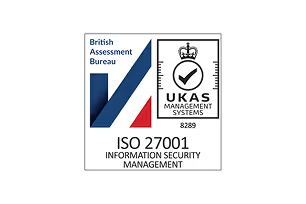

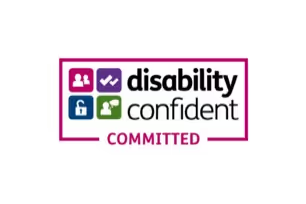
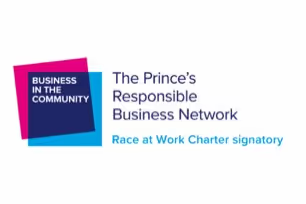


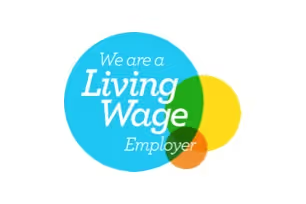
.avif)
